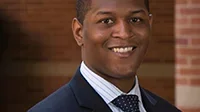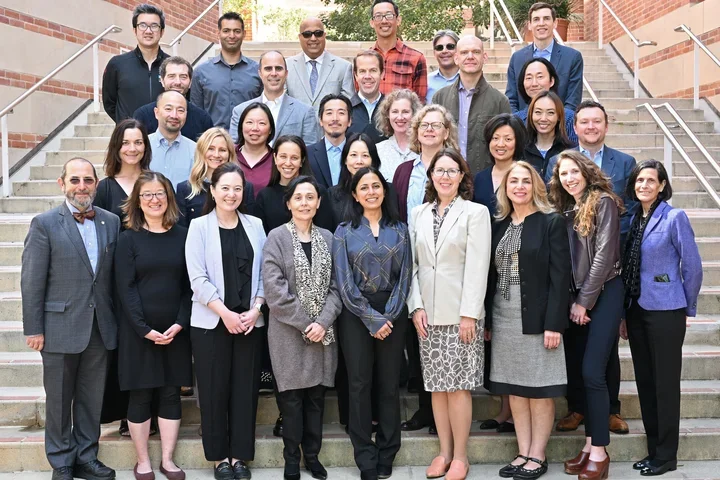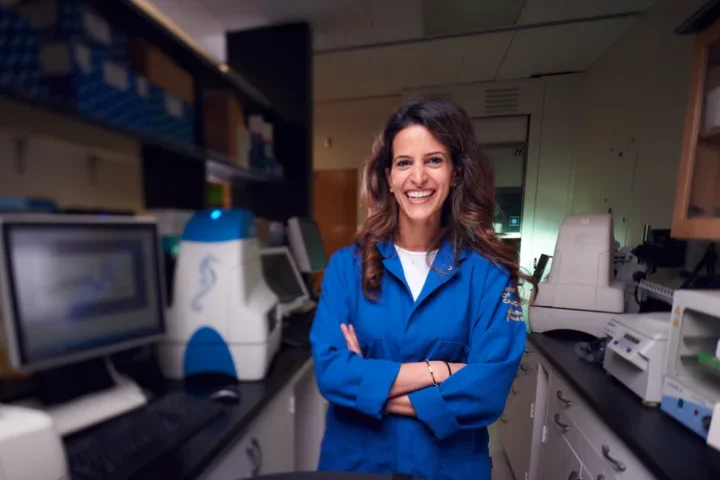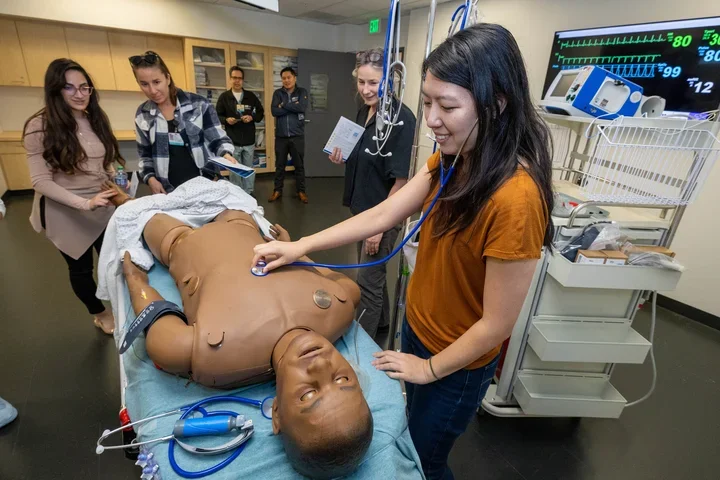Dual Degrees for Future Physician Leaders
Pursuing an MD and Master's

A Dual Degree Program Can Help Future Physicians Reshape Healthcare
Doctors with business expertise have the power to make system-wide healthcare changes that benefit all patients. These physician leaders pursue dual training in medicine and business, gaining the skills necessary to provide exemplary face-to-face care while also leading sweeping policy, administrative, and procedural changes in healthcare systems.
The David Geffen School of Medicine at UCLA (DGSOM) offers a variety of educational opportunities and dual degrees to help students become agents of positive change in the healthcare industry.
Becoming Physician Leaders
Students choose dual degrees so they can practice medicine and also lead change in care delivery.
During medical school rotations, Dr. Jeff Fujimoto observed that a care system can affect patient outcomes as much as care itself. Envisioning a future of optimal care and systems, he chose to get a Master of Business Administration (MBA) along with his Doctor of Medicine (MD). He wanted to become an "agent of change."
"During rotations in my third year, I began seeing some of the systemic inefficiencies that led to poor healthcare delivery, worse patient outcomes and wasted cost," he says. "With an MD-MBA, I want to learn not only how to provide excellent clinical care but also improve the system in which care is delivered."

Dr. Brandon Scott, also a physician leader hoping to improve healthcare delivery, says his MD-MBA helped him understand healthcare as a holistic system.
"The master's degree allows me to learn more management skills to grow as a physician leader, to speak both languages, and to ultimately improve how we deliver care," he says.
UCLA Dual-Degree Resources
The DGSOM supports students pursuing dual degrees with advising, scholarships, and dedicated programs, such as the PRIME program, which helps future medical leaders address healthcare disparities through policy, care, and research.
"The school ... has been incredible in its support of my decision to pursue a dual degree," Dr. Fujimoto says.
An MD/master's program can help future physicians develop skills to help reshape healthcare delivery.

Both Dr. Fujimoto and Dr. Scott received the Dean's Leadership in Health and Science Scholarship, which provides tuition and stipend support for students pursuing research opportunities or dual degrees.
"I have received great advice within the medical school on getting a dual degree," Scott says. "The business school has also worked with me to shape what I learn to match my career goals."
Most students apply for a master's in the third year of medical school, after completing the Graduate Management Admission Test (GMAT). Accepted students can request a leave of absence to complete a year of classes. After that, students participate in a mix of medical and business coursework. Dr. Scott found that his business school knowledge informed his final medical school projects.
The interplay between business and medical degrees lasts far beyond graduation; the disciplines inform each other constantly as physician leaders practice medicine and inspire patient-focused changes in our healthcare system.
(Related Article: Pursuing an MD and PhD in a Dual Degree Program)



